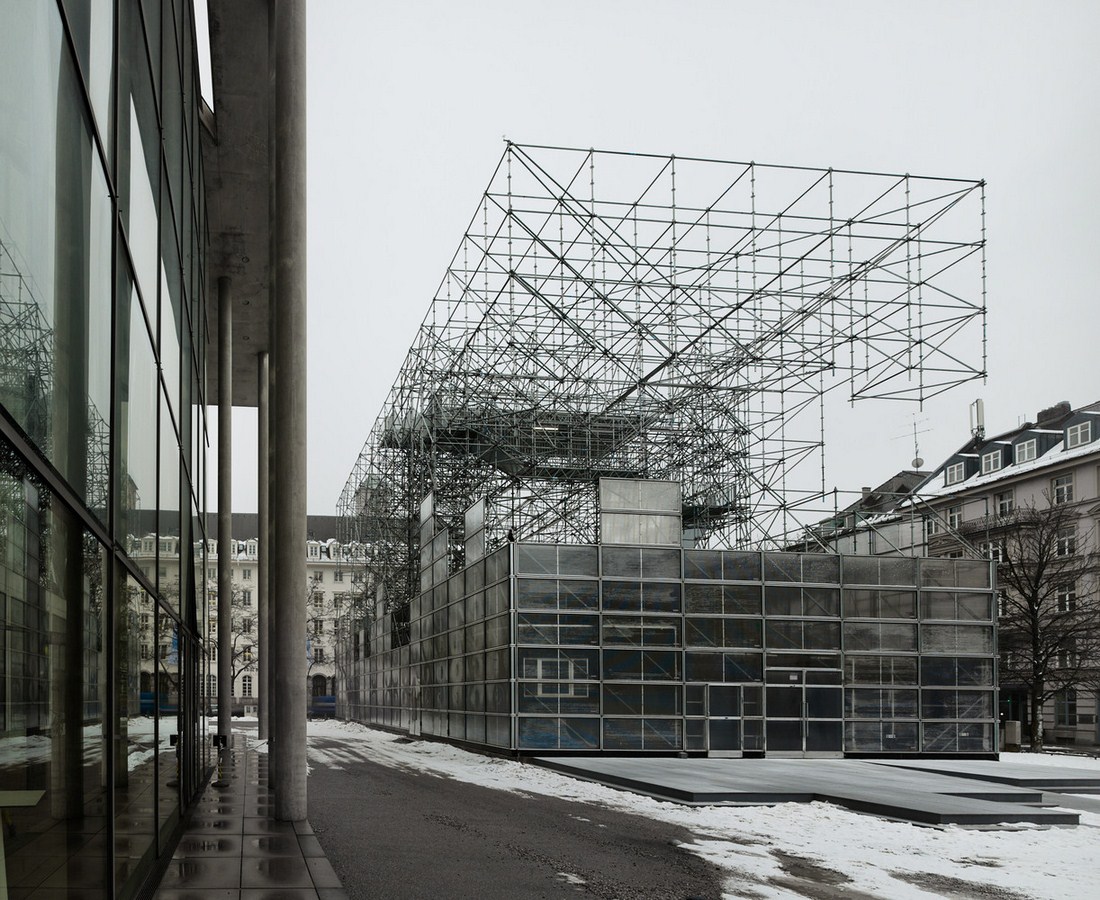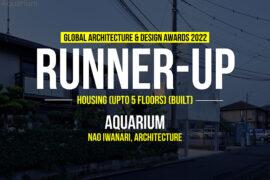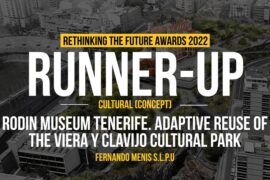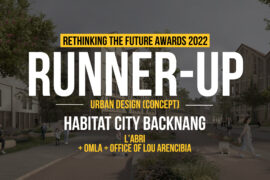Project Info
Architects: J. Mayer H. Architects
Location: Munich, Germany
Designed For: Pinakothek der Moderne und Bayrische Staatsgemäldesammlungen, Bayrisches Staatsministerium für Wissenschaft, Forschung und Kunst
Year: 2013
Photographs: Photographs of Architecture, Rainer Viertlböck, Markus Lanz, Dennis Bangert

Introduction
The Schaustelle, a temporary pavilion right next to the Pinakothek der Moderne in Munich. It has been designed by the internationally renowned, award-winning architect Jürgen Mayer H. of Berlin. The Schaustelle is a place of interaction, a provisional art gallery and a space for large format works and new concepts, all at the same time. The Schaustelle is to be seen as a platform for transdisciplinary exchange, reflection, experiments and open-ended processes.

Details
The seven-month closure of the Pinakothek der Moderne for renovation has been seized upon by the four museums housed under one roof (architecture, modern art, graphic works and design) as an opportunity to work together and interact continuously in an open forum. This thematically and conceptionally interconnected cooperation by the four institutions – something quite unique in this form – will enable a program of events to be created that spans the different genres, in which sound will be seen as architecture, design as a performance or installation, choreography as a type of graphic work or film a painterly act.

The name Schaustelle (lit.: ‘show site’) conjures up a variety of associations. Due to its structure of scaffolding and containers it makes adirect reference to the adjacent museum building site. It also draws a flexible, provisional stopping place to mind in which new ideas can be discussed and developed further. The Schaustelle is a manifesto.
The temporary building designed by Jürgen Mayer H. is a tall and partly cantilevered framework structure made of reusable scaffolding elements (interior space c. 250sqm, terrace on the first floor c. 150sqm and a 17m- high viewing platform). The majority of the construction elements, including the function-specific containers and synthetic cladding, can be put to a new use after the Schaustelle and fed back into the building cycle. In this way the production of non-reusable elements has been reduced to a minimum. This concept of appropriateness, flexibility and reduction to the simplest of means is programmatic of the Schaustelle as a whole.

“For us, a respectful, sustainable handling of material for this temporary building was important. The Schaustelle will simply be disbanded,” the architect Jürgen Mayer H. explains.
In addition to the Stiftung Pinakothek der Moderne and the Free State of Bavaria, AUDI AG has also been won as a partner for this appealing project of the Pinakothek der Moderne.





